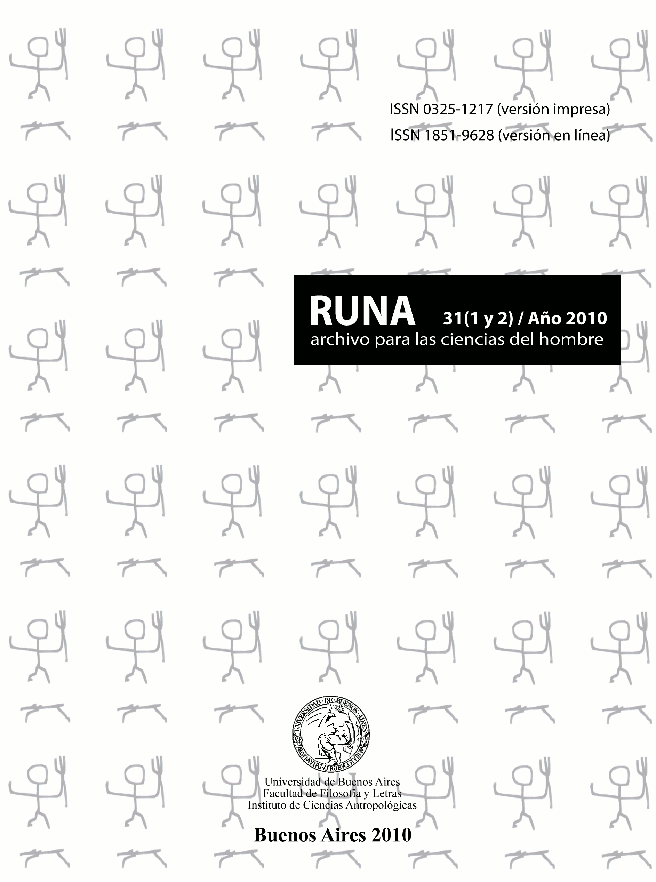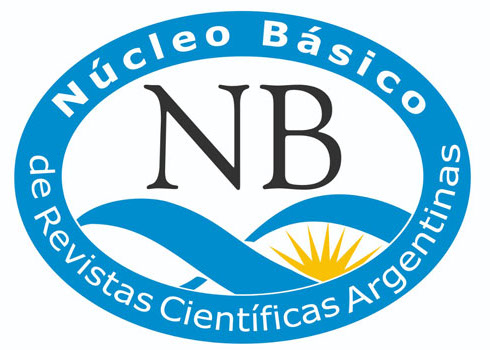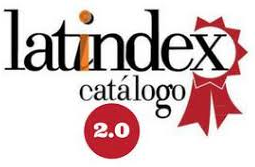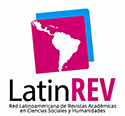Interculturality and Territorialities Confronted in Latin America
Abstract
In the context of an emergent discourse over the “Bicentenario”, Anthropology —sometimes considered as the science of difference- has a role to play offering an approach to past and present cultural diversity within the Argentinean state formation —that is to the objective and actual cultural pluralism—, in order to understand some of the critical aspects of contemporary intercultural relations. This supposes the recognition of interculturality as the dynamic aspect of plurality, as it implies that social actors belonging to different cultural spheres become involved with each other; a plurality whose objective existence depends precisely on the characteristics of intercultural relations. Such relations make plurality visible, while the future of cultural plurality in itself depends on the nature of these relations. It is not feasible to maintain diversity when it is transversed by the inequality that has characterized historically and contemporarily the relations of native populations and national states that emerged from Creole independences. Key words: Interculturality, Indigenous, Territoriality, Latin American, Extractive IndustriesDownloads

Runa, archivos para las ciencias is a publication of the Instituto de Ciencias Antropológicas, Facultad de Filosofía y Letras, Universidad de Buenos Aires and is distributed under a Creative Commons Attribution 4.0 International License.
Runa maintains its commitment to the policies of Open Access to scientific information, considering that both scientific publications and publicly funded research should circulate on the Internet freely, free of charge and without restrictions.
The contents and opinions expressed in published articles are the sole responsibility of their authors.



















